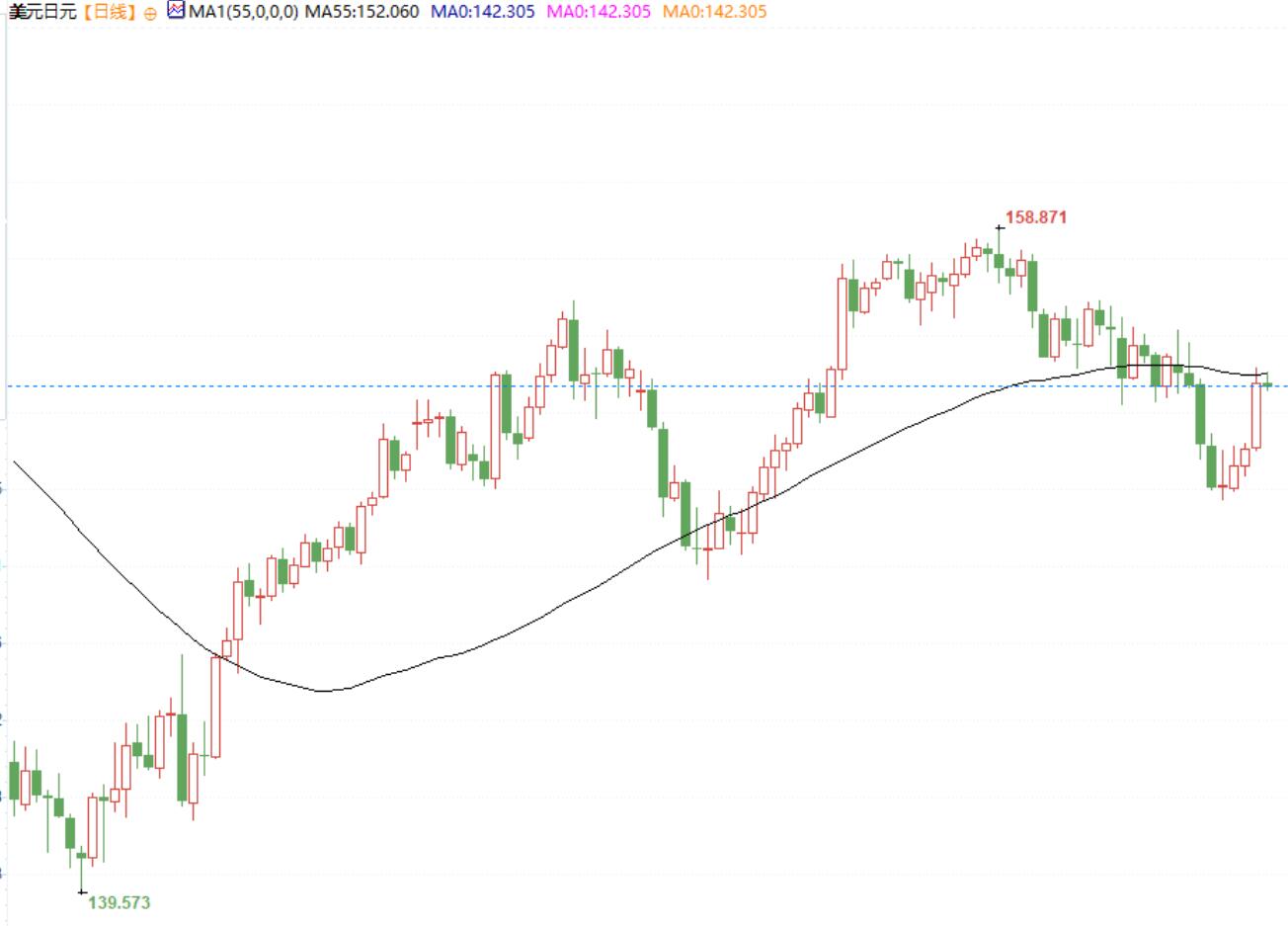The Japanese yen is strengthening, and the market expects the central bank to raise interest rates ahead of schedule
The January Corporate Commodity Price Index (CGPI) in Japan rose 4.2% year-on-year, the fastest growth rate in 19 months, higher than market expectations of 4.0%, and further increased from the previous value of 3.9%. The main driving factor is the increase in agricultural product prices, especially the sustained rise in rice prices. This data reinforces the market's view that the Bank of Japan's (BOJ) future interest rate hike path may be faster than expected.
Affected by this, the yield of Japanese 10-year treasury bond climbed to the highest level in nearly 15 years, the yen strengthened against the dollar in the short term, and the market's expectation of BOJ terminal interest rate was also rising. The enterprise commodity price index accelerated its rise in January, and inflationary pressure persists
According to data released by the Bank of Japan on Thursday, the January Corporate Commodity Price Index (CGPI) rose 4.2% year-on-year, exceeding market expectations by 4.0% and further accelerating from the previous value of 3.9%. This is the highest growth rate since June 2022, indicating that Japanese companies still face significant cost pressures.
The main driving factor for this round of price increase is the rise in agricultural product prices, especially the rise in rice prices. In addition, fluctuations in energy and raw material prices also have a certain impact on the production costs of enterprises.
The sustained rise in prices of corporate goods indicates that Japanese companies are still facing high cost pressures, especially in terms of food prices. BOJ may need to further adjust monetary policy to ensure that inflation does not rise too quickly—— Market analysis agency
The market expects that BOJ may accelerate the pace of interest rate increase, and the yield of treasury bond bonds will rise
With the rise of inflation data, the market's expectations for BOJ monetary policy have changed. The yield of Japanese 10-year treasury bond continued to rise on Thursday, reaching the highest level in nearly 15 years, reflecting an increase in market bets on future interest rate rises.
According to market research, in a survey conducted after the BOJ policy meeting in January, over 50% of surveyed economists expected the BOJ to raise interest rates again in July, while 45% of respondents believed that the BOJ could take action as early as May.
The market is re pricing the policy path of BOJ, and investors expect that the pace of interest rate hikes may be faster than previously imagined, and the level of terminal interest rates may also be higher. "- Bond market expert
Japanese yen strengthens in the short term, market bets on BOJ policy shift
Affected by inflation data and expectations of interest rate hikes, the Japanese yen strengthened against the US dollar in the short term, rising by 0.5% at one point during trading, indicating that investors are increasing their bets on the yen. The monetary policy adjustment by the Bank of Japan will have a profound impact on the exchange rate market, especially against the backdrop of major global central banks maintaining tightening policies. If the BOJ adopts a faster pace of interest rate hikes, it may further support the yen.
If BOJ's monetary policy continues to shift towards tightening, the Japanese yen may receive further support, especially as the outlook for US interest rates remains uncertain. "- Analyst
However, some analysts have pointed out that the appreciation potential of the yen is still limited, as the US economic data remains strong and the expectation of the Federal Reserve cutting interest rates is not yet clear. If the pace of interest rate hikes by BOJ is slower than market expectations, the yen may once again come under pressure.
Kazuo Ueda: Will closely monitor inflation, food prices may continue to rise
Bank of Japan Governor Kazuo Ueda stated this week that the BOJ will continue to closely monitor inflation trends, particularly changes in food prices. Due to the recent rapid rise in food prices, if this trend continues, it may affect BOJ's future monetary policy decisions.
The recent rise in food prices may continue for some time, and we need to closely monitor its impact on overall inflation. "- BOJ President Kazuo Ueda
Market analysts believe that BOJ's monetary policy is currently in a period of adjustment, and the future policy path will depend on inflation data, wage growth, and changes in the global economic environment.

FXCUE Editor's Opinion:
Currently, the Japanese economy is in a critical stage of monetary policy adjustment. The rise in the January enterprise commodity price index indicates that companies are still facing high cost pressures, which may prompt BOJ to accelerate the pace of interest rate hikes. The market's expectations for the future policy path are also constantly adjusting. The rise in the yield of Japanese 10-year treasury bond bonds reflects investors' bets on the rise in future interest rates.
Tips:This page came from Internet, which is not standing for FXCUE opinions of this website.
Statement:Contact us if the content violates the law or your rights
